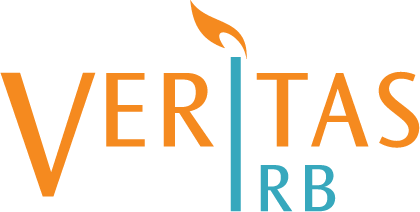We recently revisited the Montreal tuberculosis outbreak wherein we identified IRB Forum Shopping as the root cause of this tragedy.
IRB Forum Shopping is an under-researched yet highly-relevant ethical issue in the context of the North American governance of clinical research. Essentially, it is the practice of choosing an IRB based on the relative ease of the review and the perception that the review will result in a favourable decision.
When a research project has obtained an unfavourable or conditional IRB review, a researcher may circumvent the process of addressing the IRB’s concerns by abandoning the IRB and selecting another forum that will provide a more favourable review. Most researchers are probably not aware of how prejudicial this practice is to rights and wellbeing of their research participants and the integrity of the research as a whole.
Other researchers, however, seek out IRBs that have gained a reputation within the research community for their leniency and lack of rigour. This leads to the more insidious and questionable practice that we refer to as “IRB Forum Selling” – the practice wherein an organization, whether public or private, lowers its IRB’s ethical standards in order to be awarded more research projects.
As two authors rightfully underlined, even in an environment where most IRBs are conducting rigorous reviews and are scrupulously managing their institutional conflicts of interests,
“one lenient board can create considerable havoc”.(1)
IRB Forum Shopping was a serious matter for the US Office of the Inspector General so much so that it made recommendations to prevent its practice(2) and the US DHHS even considered amending 21 CFR Part 56 in 2002(3). In Canada, as part of a CTA, one must disclose if the research has been disapproved by an IRB, but the regulation fails to address IRB Forum Shopping.
We hope that this series will help foster awareness among researchers of the negative impacts of IRB Forum Shopping. We also hope that other institutional or independent IRBs will share their experiences so that sound processes can be developed to isolate the few lenient boards that still exist and hopefully eradicate IRB Forum Shopping altogether.
References:
1 See D.R. Waring and T. Lemmens, Law and Ethics in Biomedical Research : Regulation, Conflict of Interest and Liability, 2006, University of Toronto Press, p. 149
2 See http://www.oig.hhs.gov/oei/reports/oei-01-97-00193.pdf
3 See http://www.fda.gov/OHRMS/DOCKETS/98fr/030602a.pdf
About the Authors

Martin Letendre
Martin Letendre is responsible for managing Veritas IRB's business operations and administering the activities of the Veritas IRB Boards. Martin is a member of the Quebec Bar and brings more than a decade of experience in health law and research ethics. His expert knowledge of, and ongoing activity and interest in research ethics have led to the publication of several reports and articles in peer-reviewed journals, and invitations as guest speaker at numerous conferences and scientific meetings. Martin was actively involved in the creation of an on-line tutorial for institutional research ethics boards in Quebec and was a member of Canada's three federal research agencies' Panel on Responsible Conduct of Research.


